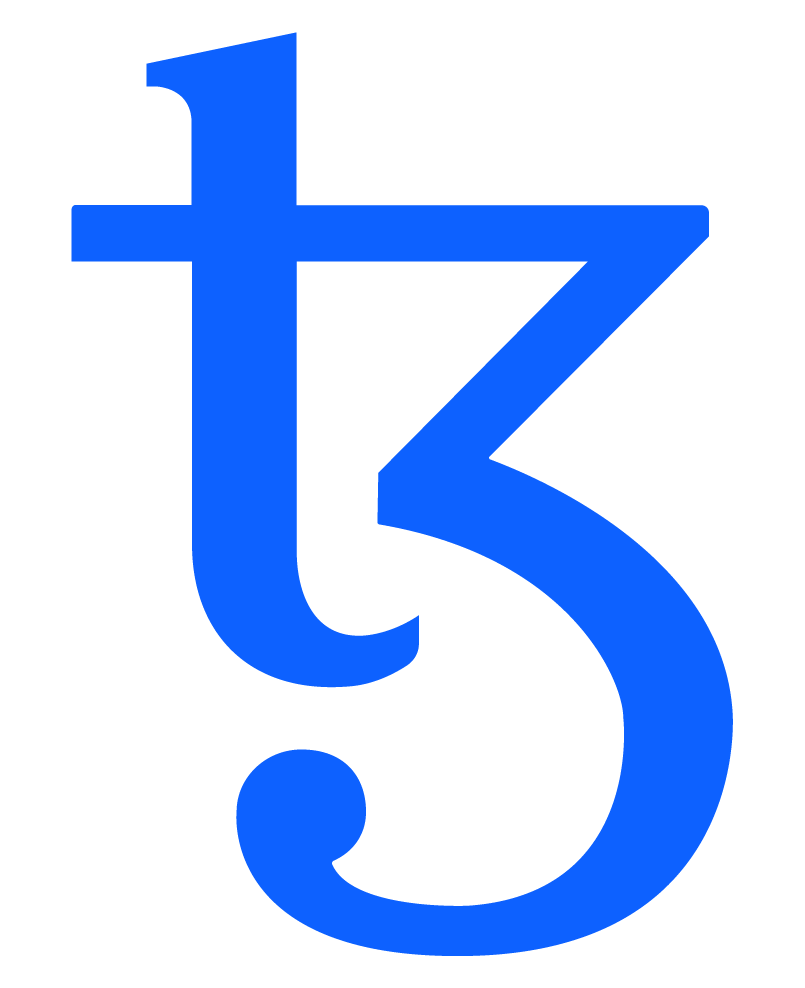Allow non-baker to vote. The delegation process used for baking is not necessarily the same
as the one for voting. It is not because one trusts some entity to bake on one’s behalf, that one
trusts it for voting on an amendment of the protocol (that could for instance give advantages to
delegates).
This is the kind of egalitarianism in action that can destroy Tezos. Bakers are the ones risking their XTZ in bonds, they have the best intentions to vote objectively, in benefit of everyone. Allowing delegators to vote will only destroy the incentives to run a baker. Since bakers have to put their XTZ in bonds, they should be the ones in charge of voting. Why they would have to trust to entities that are not locking XTZ in bonds, sharing the risk? There is a mutual rational self-interest among bakers to vote rationally in order for their XTZ in bonds to not go to $0. Delegators can always sell when they want, their XTZ is liquid, ours is NOT. If anything, they are the ones that can make more irrational decisions since they don’t have to lock their XTZ. In that case, the delegators who wish to vote, should also lock their XTZ in bonds to share the risk with delegates.
Alternatively, they are free to associate with other delegators to form their own descentralized DAO baker, and this way they will be able to represent themselves in the on-chain governance, and also get the full rewards without fees been charged to them anymore. Managed by the Baker DAO. But they will have to lock their XTZ in bonds for that, there is no way to escape from this, we need to share the risk.
• Resistance to coercion. One of the reasons for which we require vote secrecy is to avoid coercion
and vote buying. However, in Tezos, vote buying is a somewhat built-in feature: it suffices to buy
more Tez to get more voting rights. Therefore, in the rest of the document we will not try to resist
to coercion and vote buying. We remark however that some solutions are present in the literature,
for instance the JCJ/Civitas voting system [5]. Adapting these techniques to the case of Tezos
where votes are weighted is not immediate. While it seems feasible, further research would be
required to design such a scheme and prove it secure.
A much easier way to make bakers to be resistant to vote buying, is to increase the collateral needed to run a bakery  . The more collateral bakers put in bonds at risk, the harder is for someone to buy their vote. Bakers won’t sacrifice their XTZ locked in bonds becoming illiquid, and not being able to sell, by making irrational decisions that can lead their investment that is locked to decrease in price. Someone buying their vote is already too hard. Another solution is to lock XTZ for more time.
. The more collateral bakers put in bonds at risk, the harder is for someone to buy their vote. Bakers won’t sacrifice their XTZ locked in bonds becoming illiquid, and not being able to sell, by making irrational decisions that can lead their investment that is locked to decrease in price. Someone buying their vote is already too hard. Another solution is to lock XTZ for more time.
For instance if someone wanted to buy my vote, when I’m risking 90,000 XTZ with only 30,000 liquid XTZ to sell immediately, well he would have to offer me quite a lot to be able to buy my vote.
We never had a vote buying scandal since genesis block, this is because bakers are already vote-buying-resistant because they have a skin in the game that they are risking.
